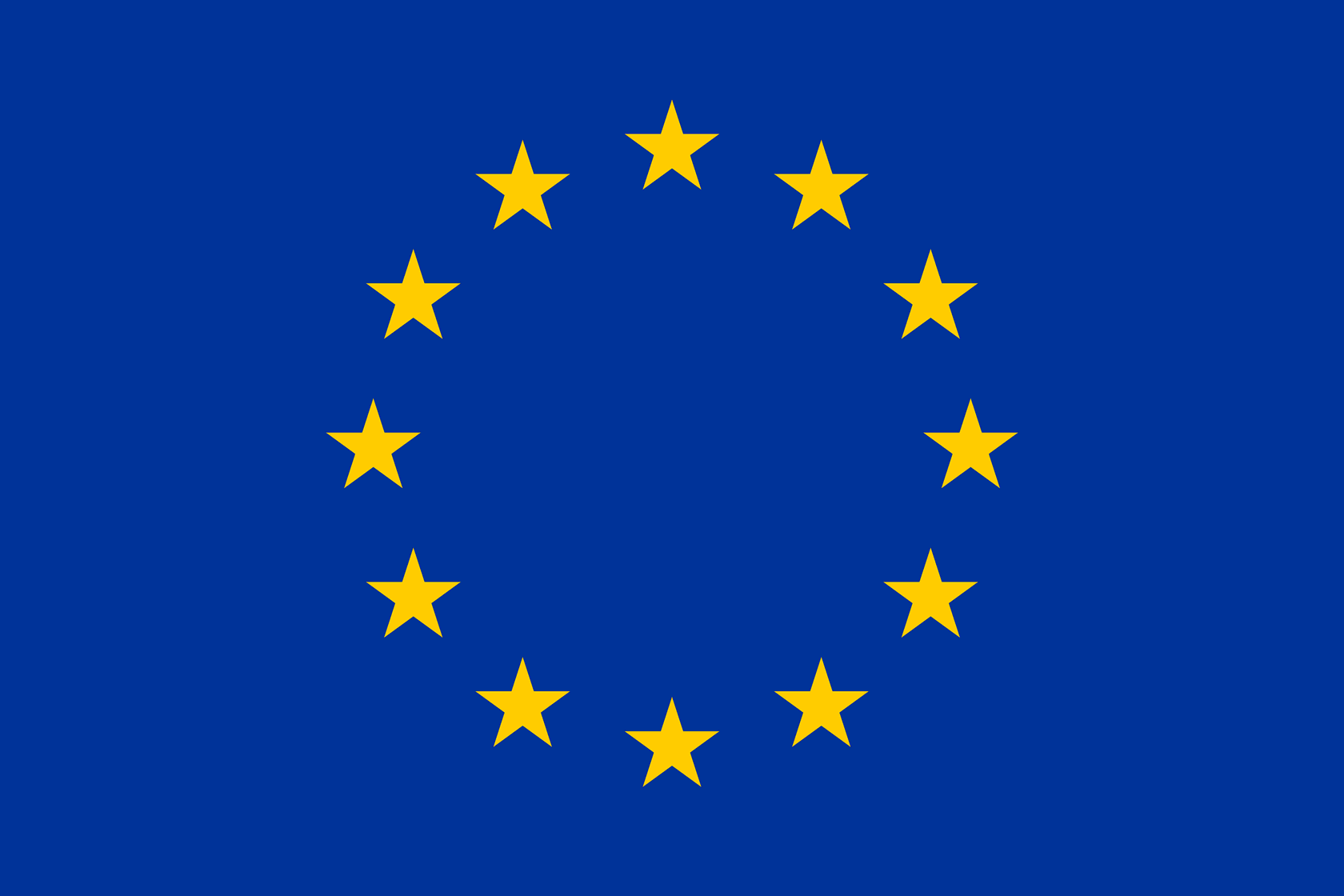Dear ReROOT friends,
A lot has happened since our first newsletter in December last year. In the nine ReROOT sites, researchers have continued their participant observation and conducted hundreds of interviews with various actors who have been setting up the diverse arrival infrastructures in the different sites. The site researchers are now getting ready to write their first reports over the summer and together we are planning our second phase of fieldwork. More about this and many other things in this newsletter!
Ukraine
The initial call to which ReROOT answered was formulated in a post-2015 ‘crisis of migration’ atmosphere inviting projects to learn lessons from this crisis in order to be better prepared to handle future crises. ReROOT responded with the view that migration should be talked about less in terms of a ‘crisis’ and ‘emergency’. Instead, we argued, migration has to be approached as a central element in the historic construction of Europe, a history of successive groups of newcomers building Europe with the rich and various resources they brought themselves and with the ones made available to them, the latter often very unequally distributed. As a collective, we design the concepts, methods and tools to document and analyse these processes of world-building happening upon arrival. The recent arrival of Ukrainians has taken very different forms in the nine ReROOT sites but it is revealing to observe how their arrival is being infrastructured in ways that were for many groups unimaginable until now. ReROOT cannot ignore these differences. The question that needs to be asked is: How and what has afforded the 'EU migrant regime change' we are witnessing at the moment? We will be presenting some reflections on the wealth of current infrastructuring going on in our first EC Policy paper. Keep an eye on our website and Twitter-feed!

Presentation slide by Charalampos Tsavdaroglou, showing abandoned train cars that have become part of the arrival infrastructure of Thessaloniki, April 2022.
Looking forward
Would you like to get a first idea about the results of the fieldwork? A number of our researchers will give a glimpse of their early findings during the RC21 conference in Athens in a session chaired by Karel Arnaut and Bruno Meeus titled “Documenting and representing the infrastructuring of arrival in ordinary cities”. We also expect a series of new blogs and even some short video introductions on the website after the summer. ReROOT will also be represented at the Berlin Metropolis conference and at the IRiS conference in Birmingham, both in September.
In the same month we will organise a final three-day training for the site-researchers in Dortmund. Having established themselves in their sites, they are getting ready to look at how broader regimes and ideologies related to integration and diversity are being reinforced, or actively challenged and reworked in their sites. The training material, prepared by Tina Gudrun Jensen, is ready for this, and you can also use it yourself, it can be found here. In Dortmund we will not only read each other's first research reports, we will also make plans for the next phase of fieldwork, during which the site researchers will set up more action-oriented research activities in their sites. The rich experience of social action at Planerladen, ILS and Menedek, but also the experience of action research of the research team at UGent will be crucial to prepare the site researchers for this work!

ReROOT researcher Caroline Lubberhuizen presenting at the IMISCOE conference, June 2022. Image by Jørgen Carling.
Looking back
ReROOT was represented at the hybrid IMISCOE conference in Oslo at the end of June. We did not organise a session ourselves but ReROOT-researchers shared their expertise in sessions on “Infrastructuring Migration, new approaches to migration/mobility infrastructures” (Karel Arnaut, Bruno Meeus, Shila Anaraki, Susanne Wessendorf, Heike Hanhörster & Connie Tippel), on “Temporal dimensions in migration research - quantitative and mixed approaches” (Dounia Salamé & Carolien Lubberhuizen) and on “Age as a vantage point on time and transnational migration” (Marhabo Saparova). Bruno also joined the roundtable organized by H2020 partner project WholeComm to reflect on the differences and challenges of migrants’ integrations in rural areas and small towns (see Twitter). Contact the researchers directly for more information on their papers.
Meanwhile, we also celebrated the first anniversary of ReROOT at the end of March. The first year was mainly about forging a strong team: organising a range of internal communication mechanisms within the consortium in order to facilitate co-design, collaboration and therefore sharing of ideas and results as smoothly as possible; spelling out the cross-work package perspective and long-term vision to the consortium members; clarifying the conceptual development and methodological strategies and organising training to the researchers; a dissemination and communication plan was designed in the first year and has been updated twice in the meantime. A lot of preparatory work of which we hope to reap the benefits soon. The meetings in Volos and Malmö were very important for this, but what Covid-19 has certainly taught us is that it is perfectly possible to have intense online discussions!
Hope to see you soon!
Karel & Bruno
ReROOT Team

ReROOT kick-off meeting, April 2021.
Letters From The FieldView online version

« On nous a dit clairement: “vous n’êtes pas travailleur social” »
Laura Guérin

MANUFACTURING INSECURITY TO GOVERN MODES OF ARRIVAL - The Uk’s Proposed Migration And Economic Development Partnership
Tamlyn Monson

A HYBRID MEETING IS ALWAYS POSSIBLE
Bruno Meeus

BROTHERS EXALT THEE TO FREEDOM: The Future of Human Labour
Carolien Lubberhuizen
UPCOMING

ReROOT will be present at the RC21 Conference, 24 - 26.8.2022.

In September, ReROOT will present at 25th International Metropolis Conference Berlin, 2022 4-9 Sept 2022.
subscribe here.
ReROOT has received funding from the European Union’s Horizon 2020 research and innovation programme under grant agreement number 101004704.



